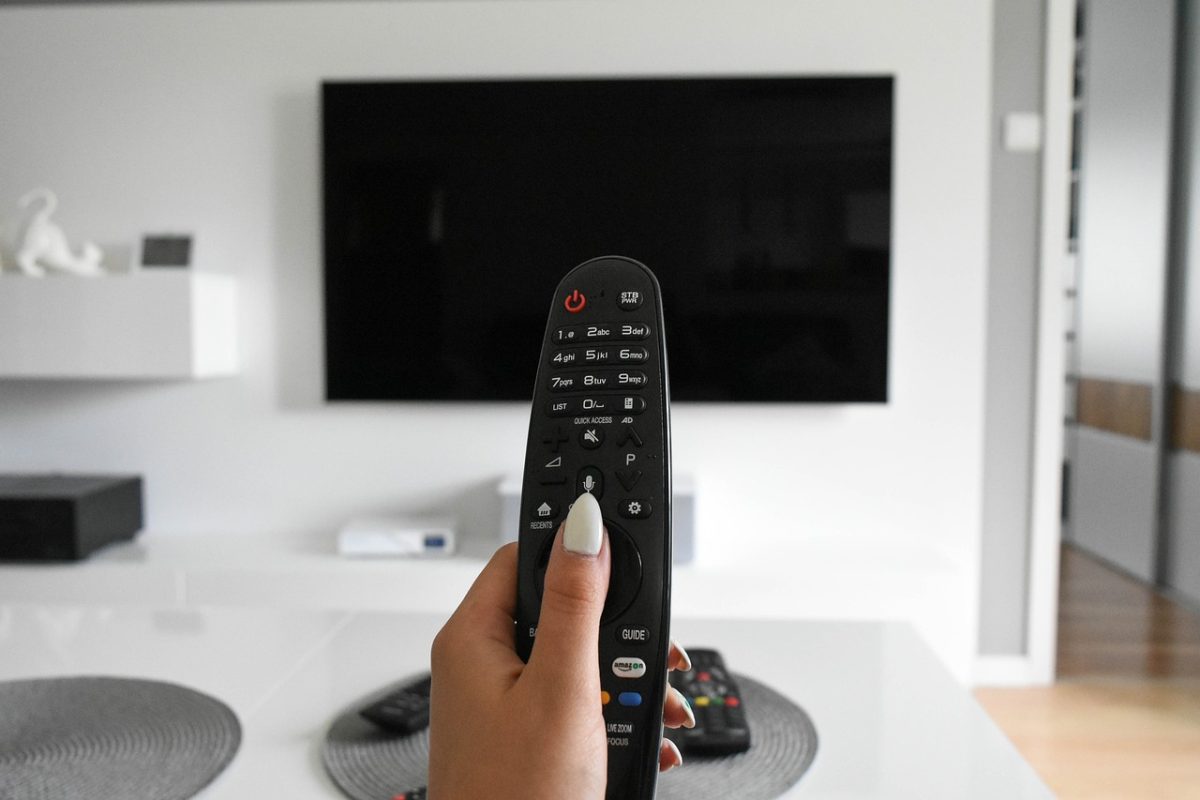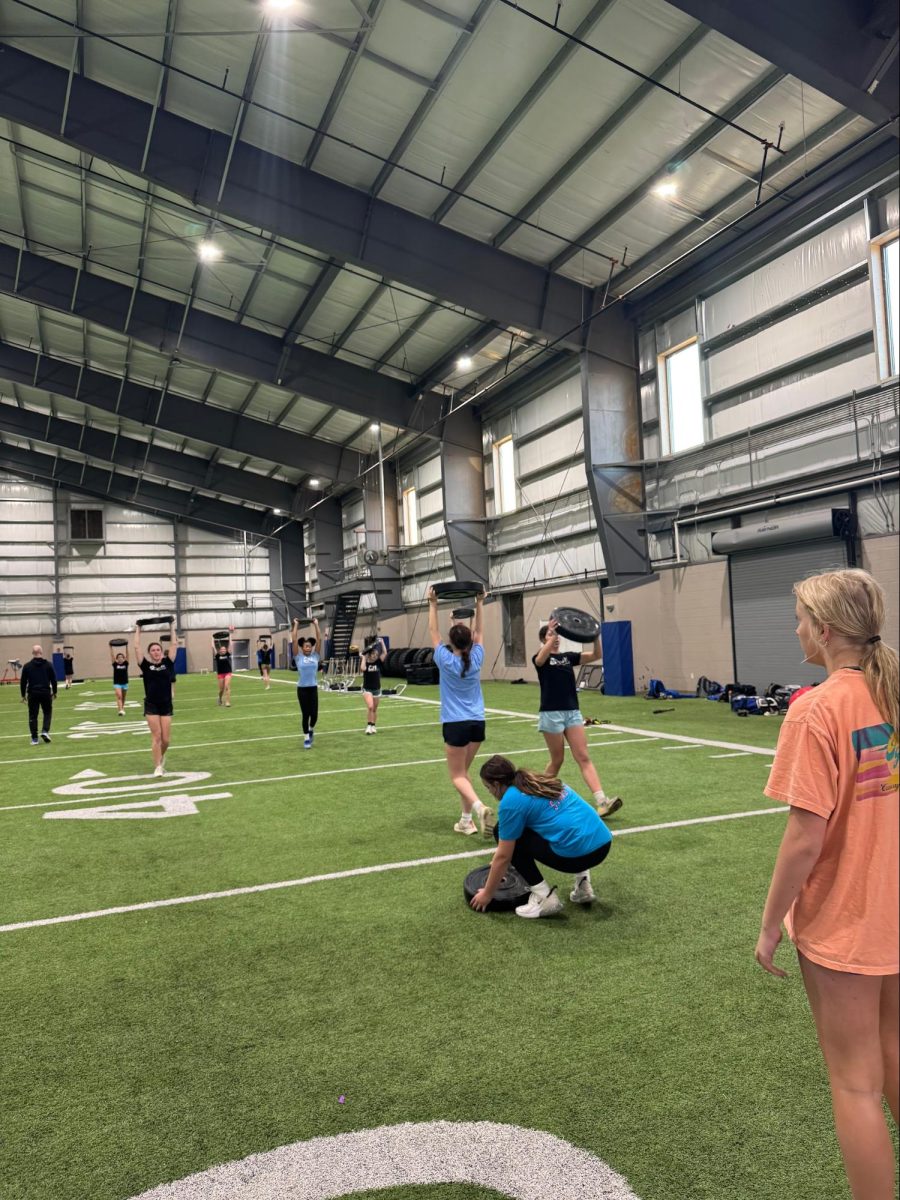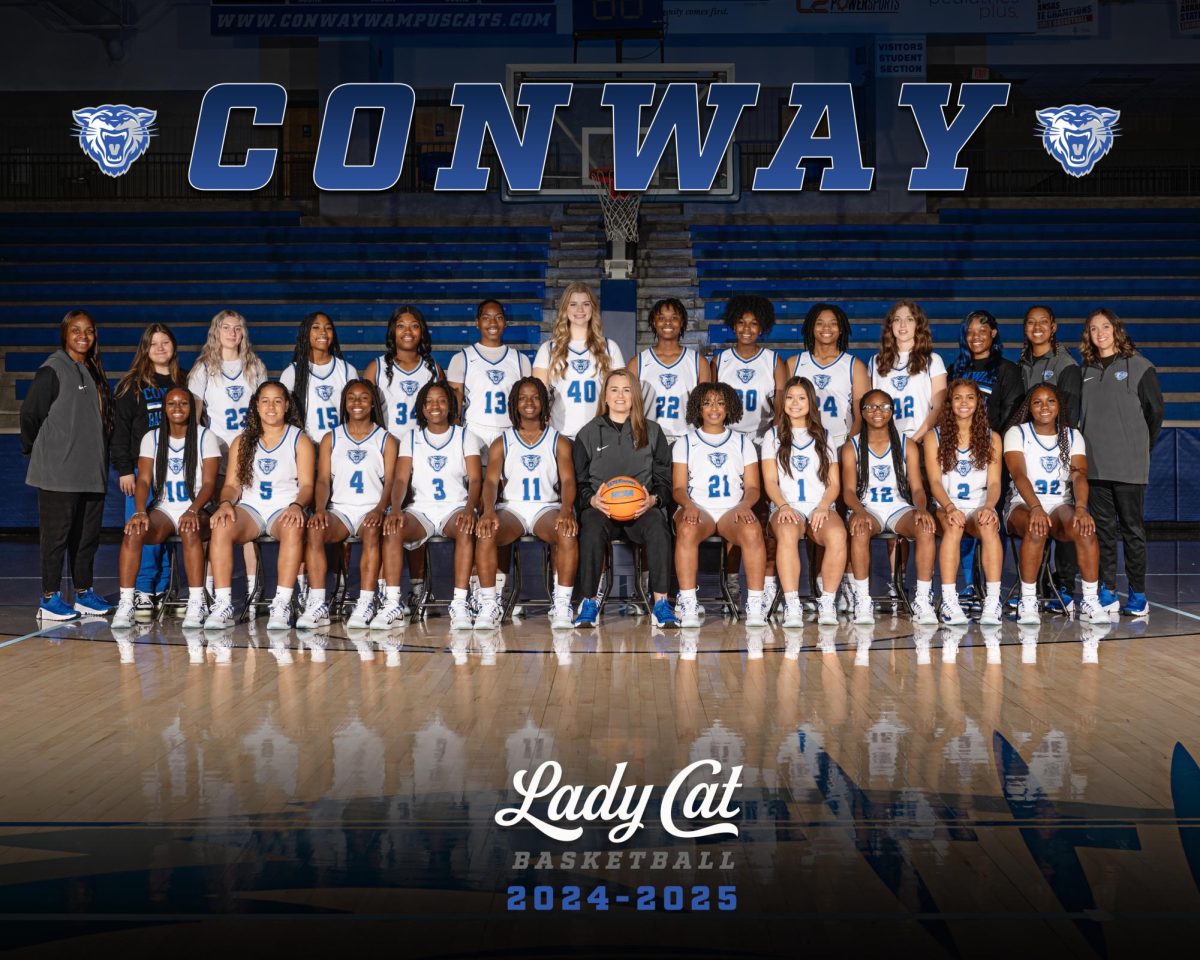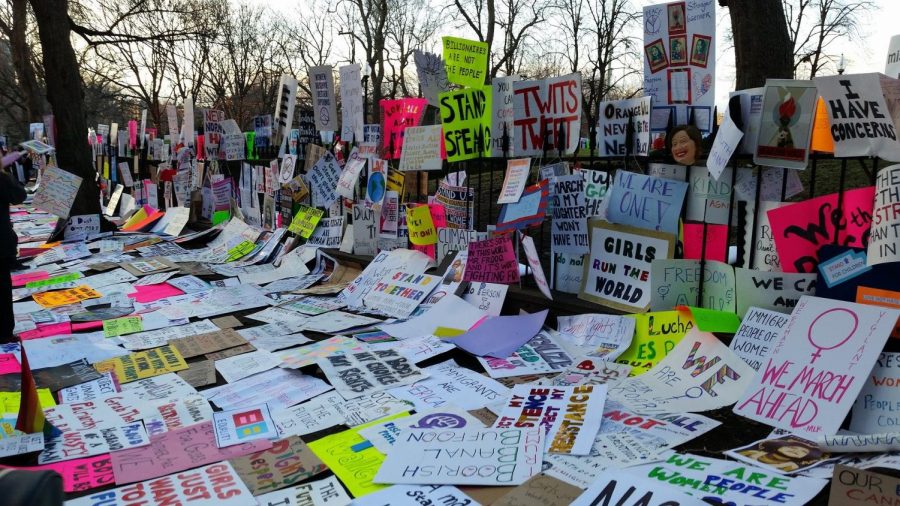Women’s Oppression is a Rocky Road, and we are Only Just Starting to Smooth it Over
October 23, 2020
Women’s rights, or lack thereof, have a very long and complex history. The oppression women face for simply being women has a similar history, but it’s consistent. A lot seems to have changed for women over the many years of life itself, but when actually taking a second to look, not much has actually changed for women. Not enough has changed. Equality of the sexes seems to be a dream that you feel close to, but then you open your eyes and it’s not even close enough to see. There’s so many rights that women should have, but don’t. And if I were to go into and explore every inch of women’s oppression throughout history, I would never be able to stop typing. And, if I were to get into depth with women’s oppression in each country we would be here for forever. But, there are a few things that I can get into that contribute to women’s oppression here in the United States.
Women have a very rough history with jobs. More specifically, what they are paid when working the same job as a man. When thinking about women’s rights to work, you probably aren’t surprised to hear that women and men are not paid equally. It took an extremely long time for women to even be allowed to have a job, and that right didn’t come easy and many, many, people still disagree with it in the big year of 2020. If you knew that, you probably are not surprised in the least bit to know that women are not paid as much as men for the exact same job. The pay gap between men and women has been shortened over the years, but it’s still there. Women usually make 81 to 98 cents to a man’s dollar, according to Payscale. And, that doesn’t sound like much, but it is. There shouldn’t be a pay gap based on gender, at all. According to a survey, Pew Research Center found that “42 percent of women said they have experienced gender discrimination at work..” reads Payscale, “One of the most commonly reported forms of discrimination is earning inequality.”, they add. The pay gap is even wider, and the work place discrimination is more common for women of color.
Women who don’t want children, don’t have children, and who will never have children. Women who do want children, have children, or will have children in the future. Both of these women face discrimination based on children, whether they will never exist or they will. For one, women who do have children have been reported to have experienced unequal pay from men who have children and women who don’t have children. They are paid less than both, this is called the motherhood penalty or the childbearing penalty. Now, women who don’t have children. Why are they villainized by society? Marina Abramovic, a woman who never wanted children and never had them, and when she revealed that to the world she was quickly vilified. Being called the ‘most hated woman in the world right now.’. No matter which women choose, to have or not have children, they’re seen and treated as ‘wrong’ in society.
These are only two, out of endless amounts of examples where women are discriminated against. These are two small pieces in the long history of women’s oppression. If you open your eyes to see the oppression women face daily, and you open your ears to listen to the countless stories that women have, you will be able to know what is wrong with society and what is wrong with the way it treats women. Women have been screaming for as long as they have had lungs, but only in recent years are some people finally choosing to listen. Choose to listen.

























Sydney Brooks • Oct 27, 2020 at 8:30 am
This is beautifully written and sophisticatedly said. I enjoyed reading this, especially since it is something I believe strongly in as well. I am so glad Conway’s students have a way to speak their mind on issues of the world. Great job! I can’t wait to read more of your articles! Thank you for speaking on this topic!